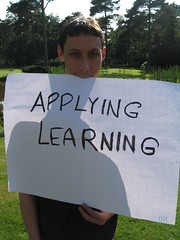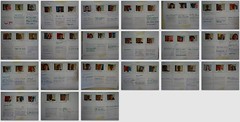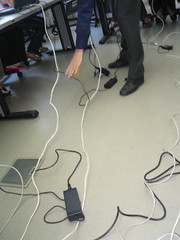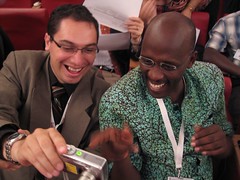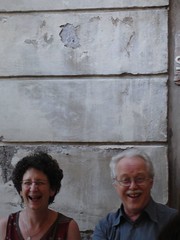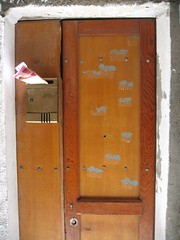Learning through interaction
Dan Jones shared this great expression on the KM4Dev list: "PS In Bahasa Indonesia people say 'socialisasi' which means to make people aware of something through interaction - I've always wished there was an English equivalent!"
The comment was in a thread about making sense of knowledge sharing and knowledge management terms across languages.

